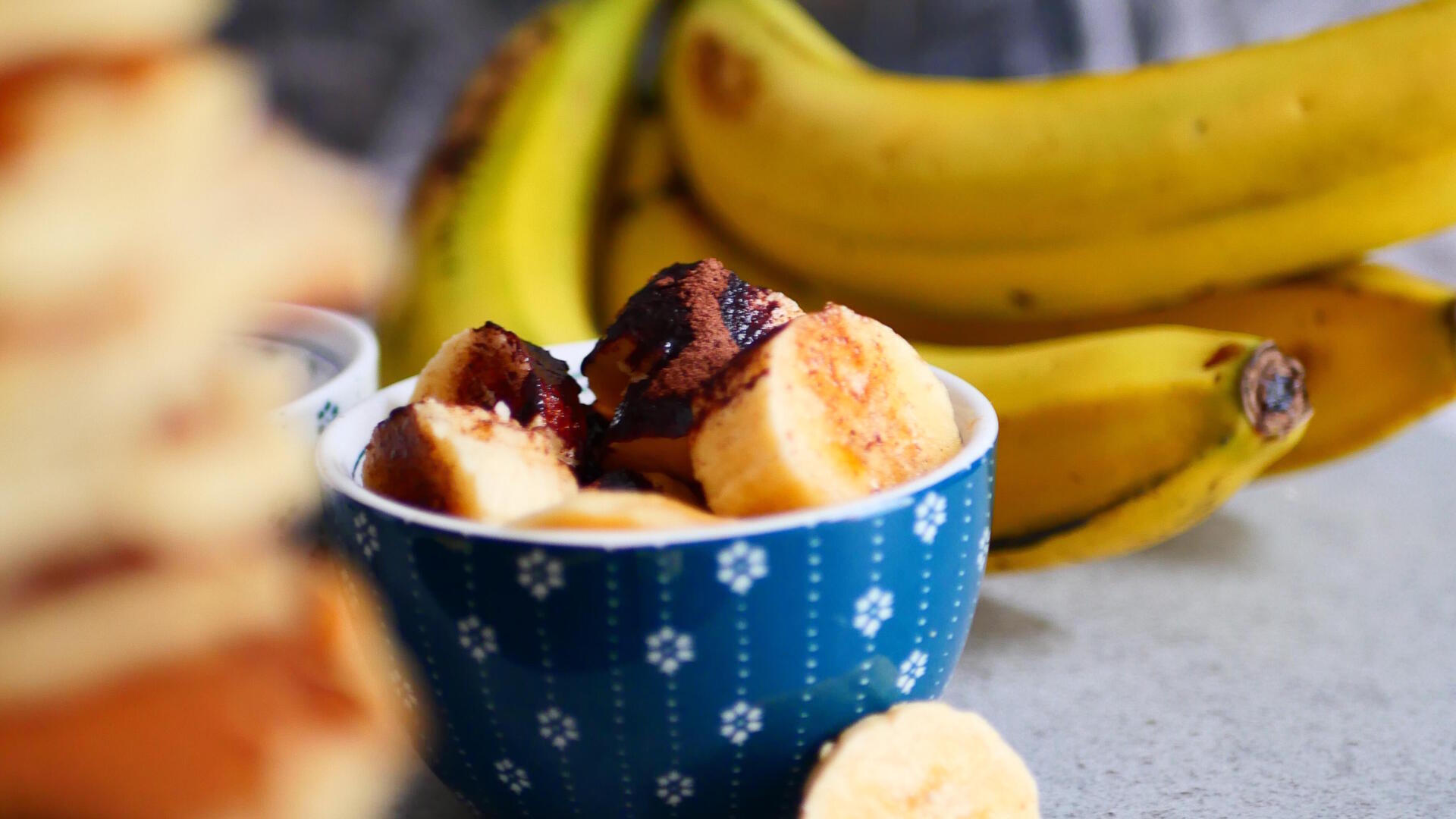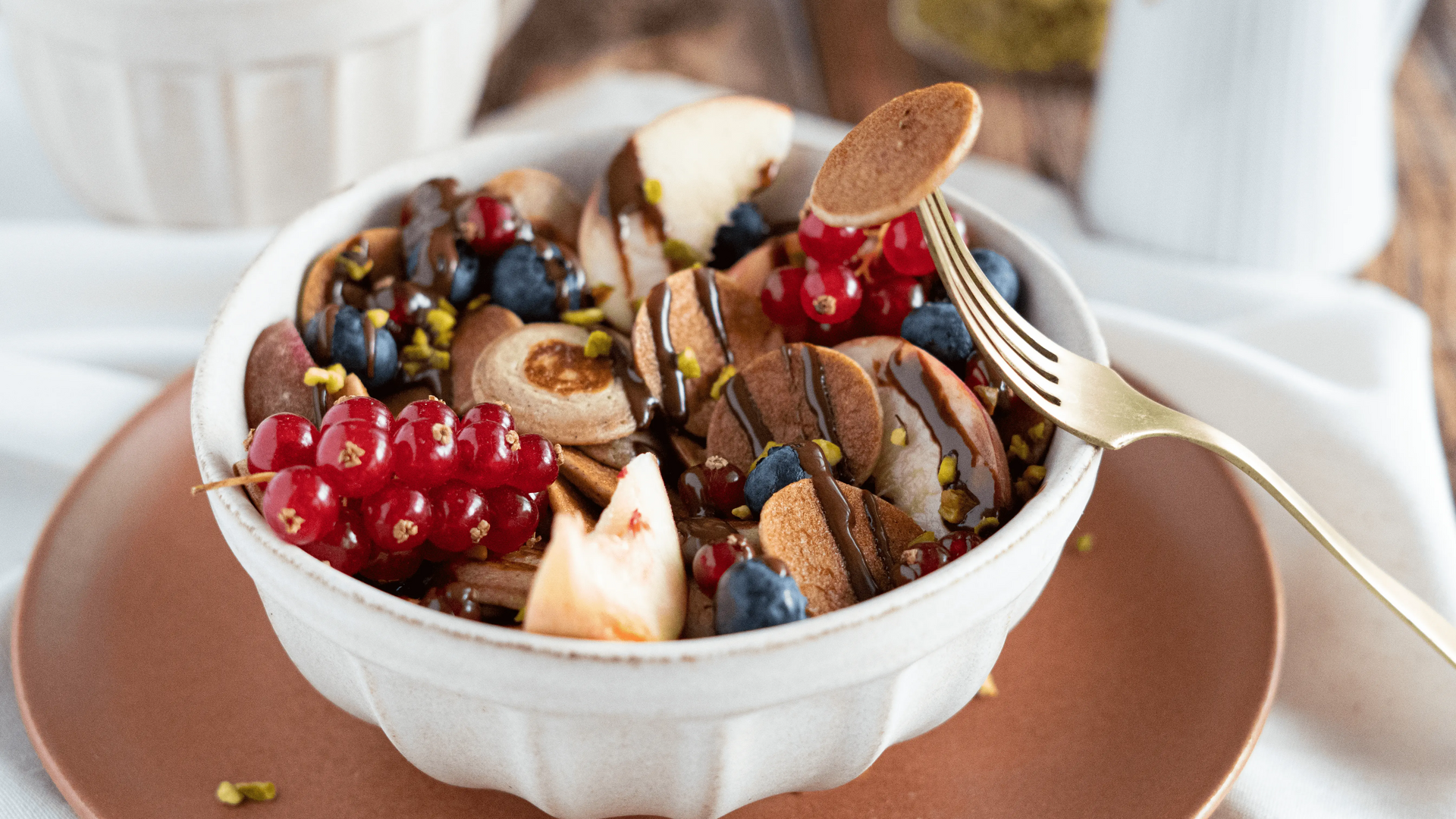In search of your dream breakfast!
I finally get up, and no one has prepared my first meal of the day. If I want my ideal breakfast, I’m going to have to take things into my own hands. One thing’s for sure, if you want something done right, do it yourself. But I’m in the mood to share, so here are the results of my investigation, or rather the fruit of the labours of our dieticians. My aim this morning is to spare you the eternal headache of: "what shall I eat this morning?", "I’m sick of butter and jam on toast, but I’m out of ideas", "is there too much sugar in this breakfast?", and so on. Because, let me tell you, that many questions so early in the morning is not going to get things off to a good start.
Ah, in fact, I’m going to contradict myself already. Not great for my credibility. My ideal breakfast can’t really be your ideal breakfast too. Obviously, because we don’t have the same tastes, we don’t have the same needs, we don’t have the same amount of time to dedicate to breakfast, we don’t have the same ingredients in our cupboards. And I could go on and on like this.
On that basis, I’d like to make an initial observation: the ideal breakfast is one that suits your needs and, above all, your wants. That’s right, you’re here to enjoy your breakfast, not to suffer.
OK. So are we parting ways already? NO! Let’s stay together and focus on what we have in common rather than our differences. When it comes to nutrition, there are a few basic principles that work for everyone. Then I’ll give you some advice tailored to your needs, goals and dietary requirements. You might even come away with some decent recipes. I promise, it’s worth sticking around!
PS: in the morning, I have skyr or plant-based yoghurt mixed with chia seeds, homemade granola with hazelnuts, and nut butter. That’s my perfect breakfast. Now it’s time for us to find yours ;-)





